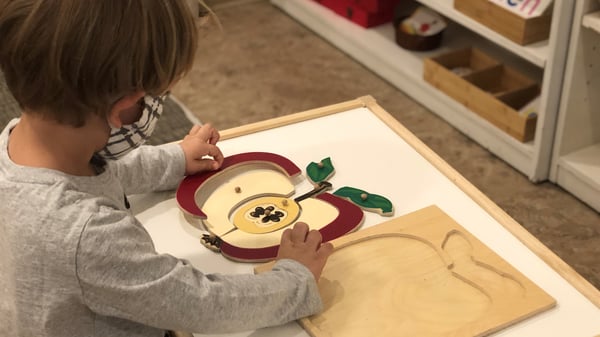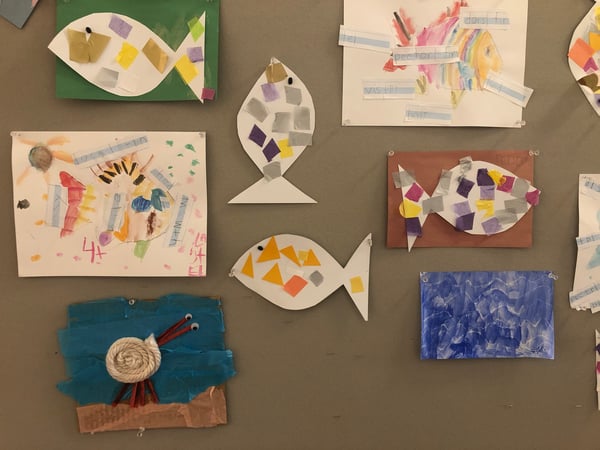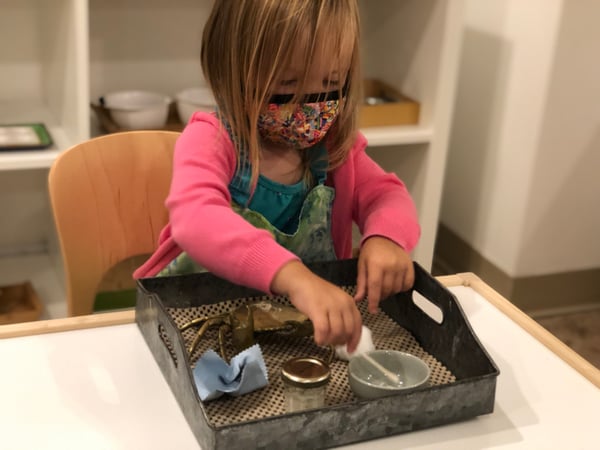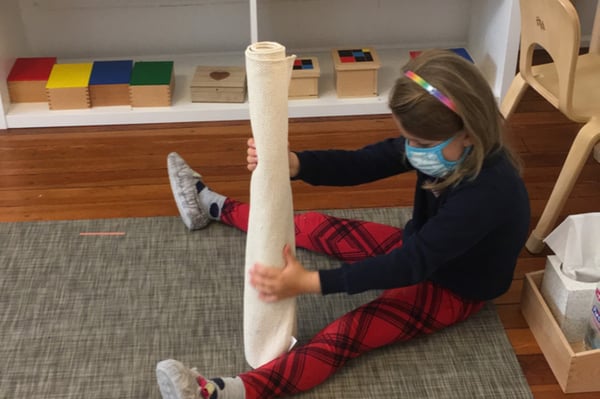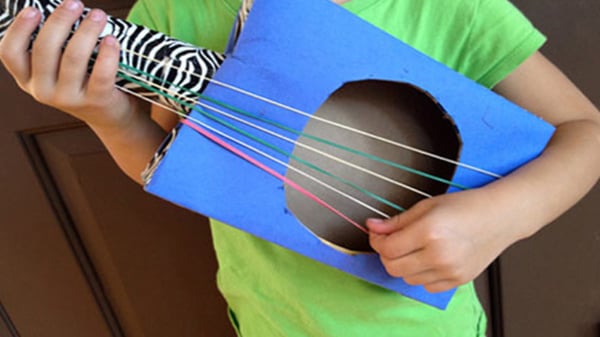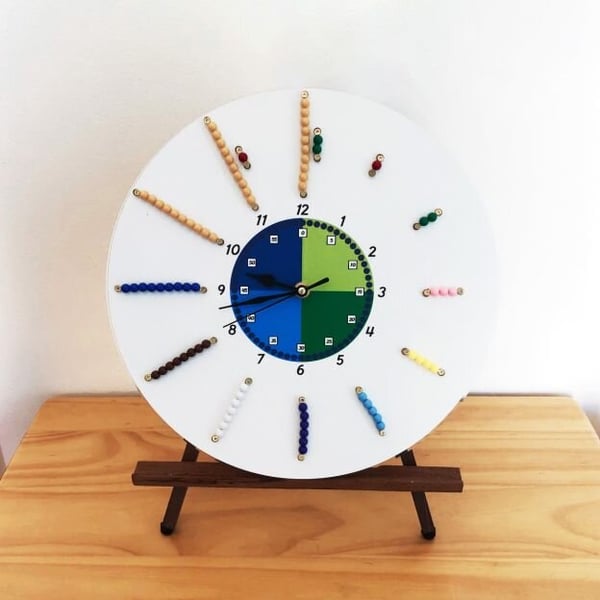This year in the Montessori studio we will be holding observations by Zoom, which might be a first for a Montessori observation! While a virtual observation might not allow parents to see the entire studio, it does give parents an opportunity to be the proverbial fly on the wall and see a normal day in the life of your child. It will also give you a more uninterrupted, close-up view of your child than you might be able to have otherwise.
The Montessori method is founded on observation. As guides, we regularly step back to observe children working. We call it an observation and not an evaluation because we are seeking to learn and gain insight about the child through her behavior. We are looking at the type of work a child is inclined towards, how a child is processing information and interacting with the environment, and how a particular child learns.
